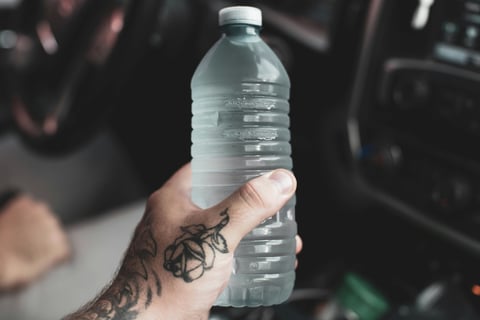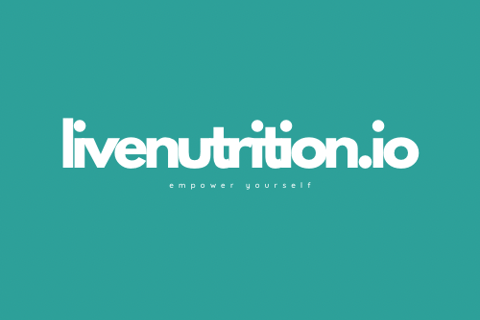Hydration and Electrolytes: Essential Guidelines for Optimal Performance
Proper hydration is more than just drinking water—it’s about maintaining the right balance of fluids and electrolytes to keep your body functioning at its best. In this article, we dive into the science of hydration, the essential role electrolytes play in muscle function and endurance, and practical strategies to stay hydrated in any environment.
LiveNutrition
2/11/20252 min leer


Hydration is a critical component of maintaining peak physical and mental performance, especially for those who endure intense training, extreme climates, and demanding operational conditions. Proper hydration isn’t just about drinking water—it’s about maintaining the right balance of fluids and electrolytes to support endurance, cognitive function, and overall health.
Why Hydration Matters
Water plays a vital role in nearly every physiological function, including temperature regulation, nutrient transport, and joint lubrication. Dehydration can lead to reduced endurance, impaired focus, increased heart rate, and, in severe cases, heat exhaustion or heat stroke—both of which can be life-threatening in combat or training environments.
For soldiers, even mild dehydration (as little as a 2% loss of body weight in fluids) can significantly impact performance, reducing reaction time, decision-making ability, and physical output. In extreme conditions, such as desert deployments or prolonged physical exertion, the risk of dehydration increases exponentially, making hydration management a critical operational concern.
The Role of Electrolytes
Electrolytes—such as sodium, potassium, magnesium, and calcium—are minerals that help regulate fluid balance, muscle contractions, and nerve signaling. When you sweat, you lose not only water but also these essential electrolytes, which must be replenished to maintain peak function.
•Sodium helps retain water and prevents hyponatremia (dangerously low sodium levels).
•Potassium is vital for muscle function and preventing cramps.
•Magnesium supports muscle relaxation and energy production.
•Calcium plays a key role in nerve transmission and muscle contractions.
Failing to replace lost electrolytes can lead to muscle cramps, weakness, dizziness, and an increased risk of heat-related illnesses.
Hydration Guidelines
To stay properly hydrated, you should follow these basic guidelines:
1. Start Hydrated – Begin each day with adequate hydration. Aim to drink at least 16–20 ounces (about 500–600 mL) of water 2–3 hours before strenuous activity.
2. Drink Regularly, Not Just When Thirsty – Thirst is a delayed indicator of dehydration. Sip water consistently throughout the day, especially in hot or humid environments. A general rule is to drink ½ to 1 quart (16–32 ounces) of fluid per hour during heavy exertion.
3. Replenish Electrolytes – When sweating heavily, supplement with electrolyte-rich foods (bananas, nuts, dairy) or electrolyte-enhanced drinks to maintain balance. Avoid overconsumption of plain water alone, which can dilute sodium levels and lead to hyponatremia.
4. Monitor Urine Color – A simple hydration check is urine color. Light yellow (like lemonade) indicates proper hydration, while dark yellow or amber suggests dehydration.
5. Adjust for Climate and Activity – In hot, humid conditions or at high altitudes, fluid needs increase. Cold weather can also mask thirst, leading to unintentional dehydration, so maintaining fluid intake is crucial year-round.
6. Limit Diuretics – Excessive caffeine and alcohol can contribute to dehydration. If consuming these beverages, balance them with additional water intake.


Conclusion
Hydration and electrolyte balance are essential for maintaining peak physical and cognitive performance. By staying proactive about fluid intake, monitoring electrolyte levels, and adapting to environmental conditions, people can optimize their endurance, reduce fatigue, and enhance readiness. Prioritizing proper hydration is not just a personal responsibility—it’s a matter of operational effectiveness and survival.
Empowering you to control your food choices.
© 2025. LiveNutrition. All rights reserved.

